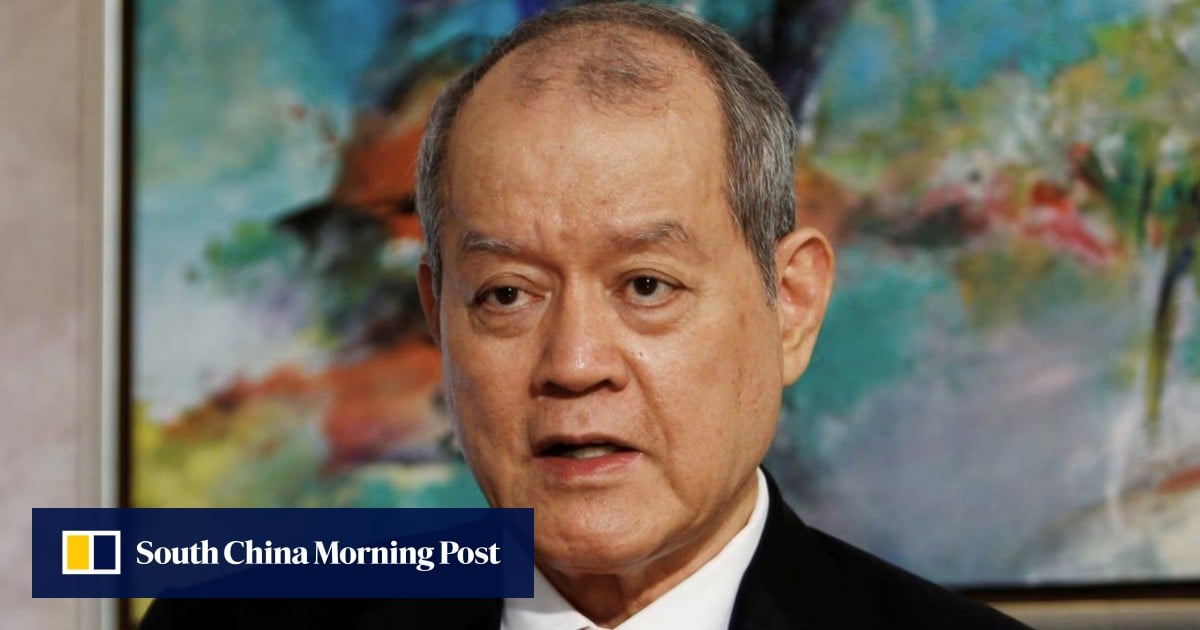A draft resolution calling for an immediate ceasefire in the Gaza Strip failed in the UN Security Council on Tuesday after the US again vetoed the text tabled by Council member Algeria.
Given concerns about a possible major Israeli offensive on the crowded city of Rafah in southern Gaza, the proposal was widely supported by 13 of the 15 council members. Britain abstained.
Following the vote, Israel again strongly rejected calls for a truce.
This “absurd notion of a ceasefire” was constantly being thrown around within the Security Council and the UN General Assembly as if it was “a silver bullet, a magical solution to all of the region’s problems,” Israel’s ambassador to the United Nations, Gilad Erdan, told the most powerful UN body.
“A ceasefire today means immunity for baby killers and rapists. It’s an easy way to make this problem an issue for another day,” he said.
“Hamas is not going to even read your resolutions.”
Israeli Prime Minister Benjamin Netanyahu also reiterated that his country was determined not to be deterred by criticism of how it was handling the war in the Gaza Strip.
“There is considerable pressure on Israel at home and abroad to stop the war before we achieve all of its goals,” Netanyahu said during a visit to troops near the border with Gaza on Tuesday.
“There is no pressure, none, that can change this – we are not prepared to pay any price, certainly not the delusional prices that Hamas is demanding of us.”
US Ambassador Linda Thomas-Greenfield had declared ahead of time that the US would once again use its veto power in the Security Council should a vote be held.
The five permanent members of the most powerful UN body, the US, China, Russia, France, and Britain, all have the power to do so.
The US said it wanted to prevent a vote in order not to jeopardise important negotiations between Israel and the Palestinian extremist organisation Hamas, which along with other Islamist groups attacked Israel on Oct. 7 and killed over 1,200 people.
“We believe that the resolution on the table right now would, in fact, negatively impact those negotiations.
“Instead, it could extend the fighting between Hamas and Israel,” Thomas-Greenfield said before the vote in reference to talks mainly about freeing hostages.
“Sometimes hard diplomacy takes more time than any of us might like. Believe me, I understand the desire for the Council to act urgently to positively shape the situation in line with the Security Council’s mandate.”
The veto was seen by observers as a complicated ploy by Washington as it does not want to be seen as an enabler of the Jewish state’s war tactics, which have increasingly come in for international criticism as the Gaza Health Authority figures confirm 29,195 Palestinians have been killed during the Israeli military campaign in Gaza so far.
In recent months, the US has already used three vetoes to protect Israel from Security Council resolutions.
Security Council resolutions are binding under international law.
If countries defy them, the Council can impose sanctions and, in extreme cases, even consider military intervention – but this is highly unlikely in the case of Israel.
According to a high-ranking Security Council representative, the negotiations this time on the veto became much more emotional behind closed doors.
The US would have to “take responsibility for everything that happens afterwards,” added the official, who asked to remain anonymous.
READ ALSO: Gaza: UN Chief appeals to countries who suspended UNRWA funding
“If Rafah happens, there is no going back.”
Around 1.5 million Gazans are crowded into Rafah, the southernmost city that sits on the border with Egypt.
The Israeli government has been preparing to launch a full-scale ground offensive into the city despite international fears it will lead to massive civilian casualties.
Israel says the operation is necessary to eliminate remaining Hamas fighters that are sheltering there as well as to free hostages that were abducted from Israel on 7 October.
Israeli war Cabinet Minister Benny Gantz on Sunday said “The world must know, and Hamas leaders must know – if by Ramadan our hostages are not home, the fighting will continue to the Rafah area.”
However, it is uncertain whether international mediators will be able to negotiate a ceasefire and the release of hostages by the start of the Muslim fasting month on 10 March.
(dpa/NAN)
Support PREMIUM TIMES’ journalism of integrity and credibility
Good journalism costs a lot of money. Yet only good journalism can ensure the possibility of a good society, an accountable democracy, and a transparent government.
For continued free access to the best investigative journalism in the country we ask you to consider making a modest support to this noble endeavour.
By contributing to PREMIUM TIMES, you are helping to sustain a journalism of relevance and ensuring it remains free and available to all.
Donate
TEXT AD: Call Willie – +2348098788999










